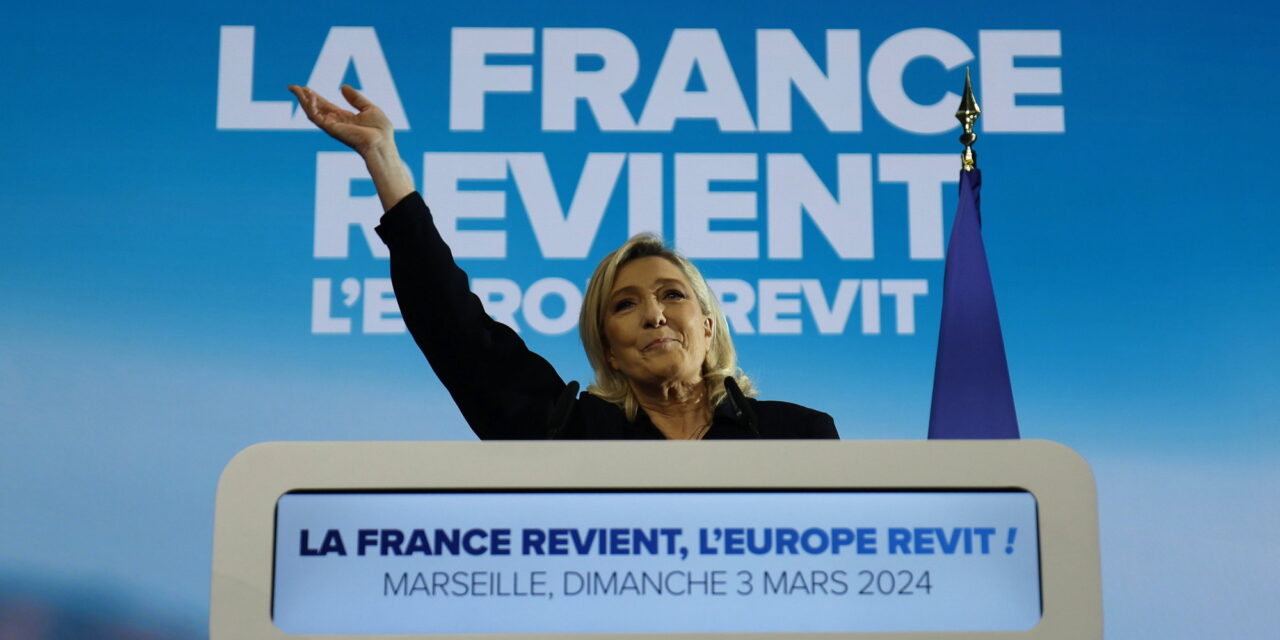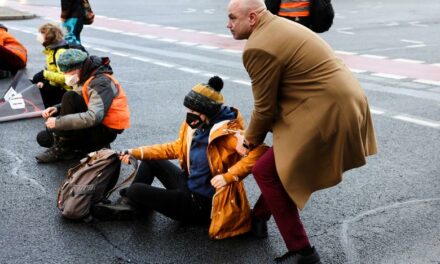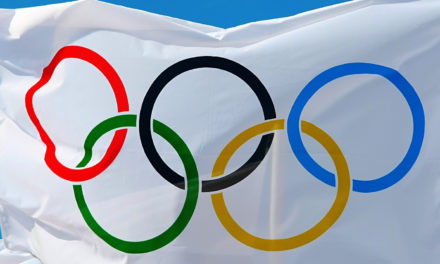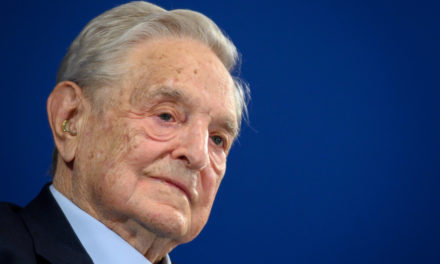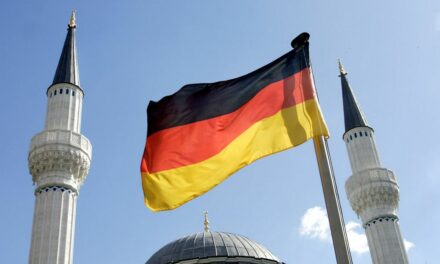With the total isolation of the AfD, one of the biggest obstacles to the unification of right-wing forces is removed. Written by Mátyás Kohán.
I know what the news is about right now: the European mainstream moved serenely into the EP election campaign after Marine Le Pen de facto threw the Alternative for Germany (AfD) party out of the Identity and Democracy (ID) faction, which will most likely end in a party split. That is, in the sense that the AfD will break away on its own without any particular collateral damage.
Let's be honest, Le Pen looked spectacularly for a chance to break bread with the AfD, and due to the immeasurable amateurism of the German right-wing party, she actually only had to seize one of the frequent moments of the occasion.
If I count correctly, this is already their third clash: Le Pen attacked the AfD for the first time in the winter, when it turned out that the party was the so-called under the noble motto of 'remigration', he promised to deport German citizens with a "poorly integrated" migration background; then already this April, when the AfD saw fit to justify the legality of the Crimean referendum with the legal status of Mayotte, one of France's overseas territories; finally now, when their list leader, Maximilian Krah, was able to state to La Repubblica that "one who wore an SS uniform does not automatically become a criminal".
This speech was the final one, and it is difficult to break up with more press publicity than this - the French and German right-wing parted ways.
Le Pen is just posing, of course, the conviction behind the distance from the AfD is at least complemented by some political calculation. On the one hand, nothing could validate the spectacular, lasting and correct centering of the French National Consolidation better than a spectacular break with the party that everyone in Europe considers to be the outermost edge of the right. On the other hand, they don't take a big risk by joining the AfD - nobody really likes them, not only outside the right, but also within it.
Under Seperc, Matteo Salvini's Northern League, which gave the ID's second largest national delegation, sided with Le Pen in the matter, and the ID's top candidate, Anders Vistisen from the patina Danish People's Party, also called on the AfD to fire Krah or leave the faction.
Among the member parties worth mentioning, only the Austrian Freedom Party (FPÖ) is still questionable, but not for long; their top candidate, Harald Vilimsky, is an old fox, and he himself said he can count.
By the way, Krah has since retired from public speaking and has also left the presidency of the AfD.
I don't want to write unfair things about Maximilian Krah - we interviewed him three years ago, I know him, he is a highly intelligent, professing conservative. If you don't believe it, dedicate six and a half hours of your life to the way Krah rips the belt from the back of the German Márton Gulyás in the form of an interview. In addition, eight children from three women, hatred of all ex-colleagues, an EP assistant arrested for spying for China and a completely unacceptable Nazi rescue are enough to make a person more of a burden than a fresh force for European Christian conservatism.
Krah personifies the tragedy of the AfD: he pulls in the right direction in all major matters of destiny, but the chaos, rumors and many dark suspicions around him can never stop.
After eleven years, a couple can no longer hide their laundry behind the enthusiastic newbie's half-hearted smile. It's not okay that this bagagés changes party president roughly every two years in the midst of a civil war, it's not okay that he's simultaneously trying to be a peaceful pro-CDU in the West, a social-conservative people's party in Saxony and a pure Nazi-sympathizing association in Thuringia, it's not okay that their co-president Tino Chrupalla wears a Russian tricolor tie celebrated World War II Victory Day at the Russian embassy in Berlin last year, it is not right that the media policy of a German national party consists of broadcasting Viktor Medvedchuk's speeches on the European airwaves.
And of course, it is also not okay that the AfD fights against the Schuldkult, which is truly comical, the German cult of history education from Hitler to Hitler and continuous world war self-flagellation, by rehabilitating Nazi slogans and Nazi ideas.
At the public forum in Jena, people can say harsh things off camera; but on the European stage, a German should speak with the knowledge that eighty years ago, an inexplicable German mental disorder engulfed this continent in flames, dragging both its enemies and allies into the depths.
This is unacceptable in the current state of the party, period. It is no accident that Fidesz never accepted it.
They talked, negotiated, and showed themselves to the big and small of the European right, from mammoths to dwarfs, from the holy trinity of Le Pen-Meloni-Morawiecki to the Estonian Conservative People's Party and the Czech Freedom and Direct Democracy. Never with the AfD - because it wasn't right. And how well they did. There really isn't.
At the same time, something as good as the Le Pen-AfD alliance happened a long time ago to the European right-wing, which has been stuck in one place for years.
With the total isolation of the AfD, one of the biggest obstacles to the unification of the European right will be removed: the two factions of truly conservative conservatives to the right of the European People's Party, the European Conservatives and Reformers (ECR) and the ID, have never been able to get closer due to the AfD.
A serious right-wing government party - Czech, Polish, Italian, Hungarian - did not show up with this brand, while Le Pen, Geert Wilders or the Austrian Freedom Party, the other IDs were not and cannot be embarrassing to anyone.
If the European right, including Fidesz, has any sense, it will recognize and take advantage of this rare moment of grace: now that Ms. Le Pen has cleared the biggest obstacle to the long-awaited unification, the time has come for the faction alliance. Although the AfD is the second largest party in the most populous European country, without their expected delegation of 14-16 people, a greater unity can be created than what could have been done with them at any time.
This unity must be achieved now that European politics has finally moved: Ursula von der Leyen is clamoring for re-election, and Meloni, Le Pen, Morawiecki and Salvini seem to be discovering their pragmatic selves at the same time.
The Germans will come to their senses at some point.
Cover photo: Marine Le Pen, leader of the National Assembly faction of the French National Consolidation (RN), speaks at the party's opening campaign meeting before the June 9 European Parliament elections in Marseille on March 3, 2024.
MTI/EPA/Guillaume Horcajuelo

